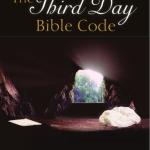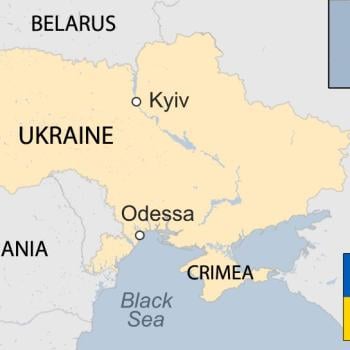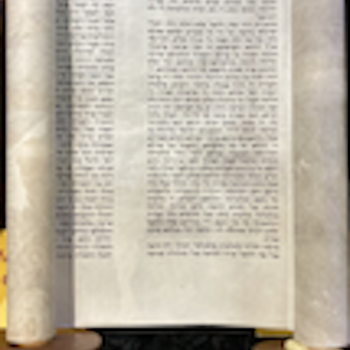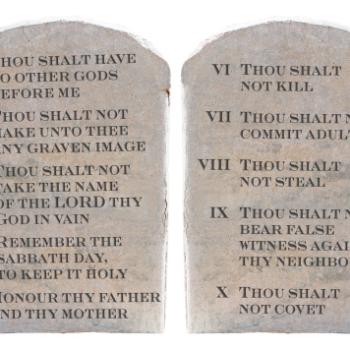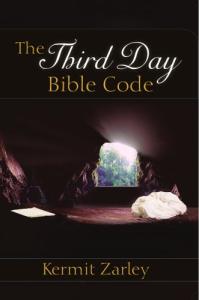 Amber’s Question: How is your book different from other books that decode messages in sacred texts?
Amber’s Question: How is your book different from other books that decode messages in sacred texts?
Kermit’s Answer: I don’t think this question has a simple answer. For example, the book, The Bible Code (1994), advocates applying “equidistant letter sequence” (ELS) mostly to the Pentateuch. But ELS advocates are naïve about Old Testament textual criticism. In my preface, I compare these two books and say of mine, “It presents a true Bible code that has nothing to do with the presumption of a word-perfect Bible text and mathematically manipulating its letters. Rather, my book is based on some of the most significant events in the history of Israel that are recorded in the Bible. During these episodes, something occurred on the third day that serves as a type that prefigures the future. Applying the Thousand-Year Day Principle [based on Psalm 90.4 and 2 Peter 3.8] to these biblical texts containing a third day motif is what I now call The Third Day Bible Code.”
Premillennial historists often interpreted the 2300 days and nights, or 1260 days, in the Bible’s Daniel 8.14 as years, and thus non-literally, most of which they believed had passed. With this scheme they predicted the year of Jesus’ return; but subsequent history always proved them wrong. In my book, I differ from that method by asserting that these days should be interpreted as literal days, none of which have happened yet. As for my application of the Thousand-Year Day Principle to the third day motifs in scripture, it should not be compared to that scheme because I treat the third day in these historical narratives as a type and therefore do not interpret it non-literally.


